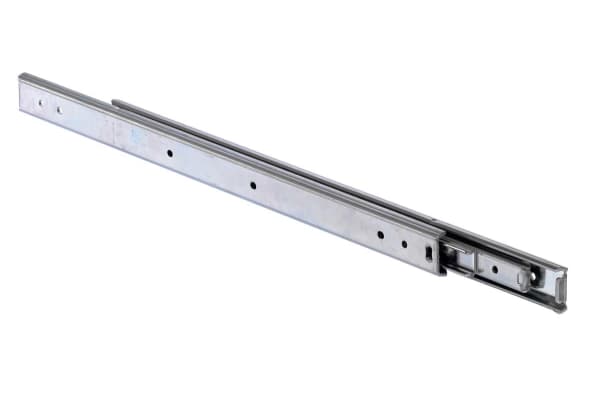Rack Rails
Rack rails, sometimes called rack strips, are pieces of hardware used to mount equipment and accessories within server cabinets (also called 19-inch racks). Server rails are essential for mounting your server and holding it in position within the rack, whilst providing accessibility for maintenance. Rack rails are usually supplied in pairs as two rails are needed to mount each piece of network hardware. Rack rails have a robust construction and are typically made from steel or aluminium. The rails can be specifically designed for the rack or equipment that you are using, while others are for universal use. Types of Rack Rails Telescopic rails or slide rails allow you to extend your server system out of its rack, similar to a cupboard or drawer in a house. Static rails, also called fixed rack rails, remain within the server cabinet and do not extend like the sliding rails. However, there is often more flexibility in design with this style. Features & Benefits Easier access and maintenance to hardware and equipment. Rack rails promote airflow around the server and prevent hardware from overheating. Some offer installation and support with no tools – quick and easy to install. Adjustable depth configurations. Some offer space where you can integrate something else, such as a keyboard, without taking up any additional space. Types of slides Sliding rack rails come with different methods for extension: Ball Slides: Ball bearing slides are the most common type of linear slide. They use ball bearings for a smooth and precise movement along a single-axis linear design. Usually constructed from aluminium or galvanised steel, they typically have two rows of ball bearings supported by four rods on either side of the base. Roller Slides: Roller slides have a criss-cross design to support heavier loads and allow for a smooth controlled motion. Roller slides are made from aluminium with the rollers constructed from durable steel to ensure the cylindrical bearings can roll efficiently and in a linear motion.





